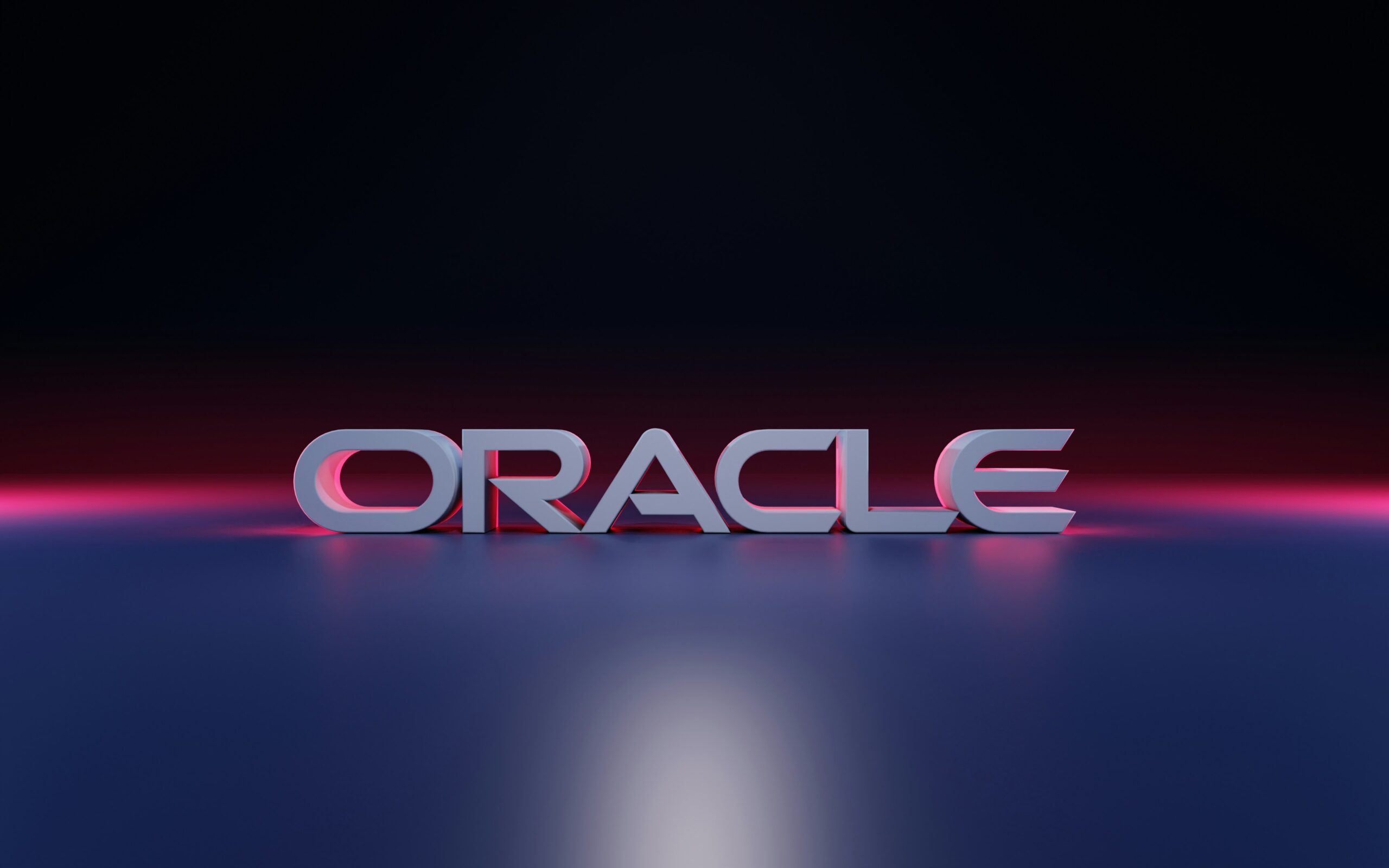AI is impacting nearly every corner of business, including HR. The 2024 HR Technologies UK Pulse Survey highlights a growing enthusiasm for technological investment – especially in AI. In fact, over 80% of HR leaders report being somewhat or extremely likely to adopt AI for employment-related processes such as workforce development.
In parallel, recent advances in agentic AI are poised to accelerate AI adoption even further. But what are AI agents? And how can they help HR professionals become more efficient and deliver greater business impact?
Introducing AI agents in HR
Unlike traditional automation tools, AI agents use generative AI to support human-like characteristics such as reasoning, memory, and decision-making. They can combine company-specific documentation within an HR system, and various connected data sources to generate context-relevant and up-to-date information and assistance. But unlike chatbots that many of us are already familiar with, AI agents are set apart by their ability to complete specific tasks autonomously.
This means businesses will be able to automate appropriate tasks or functions. For example, AI agents can handle routine enquiries about benefits, manage complex relocation processes, or help candidates prepare for new job opportunities within the organisation. Additionally, the agent’s advanced analytical capabilities coupled with a company’s specific data mean it can also help address more complex business challenges like identifying and addressing skill gaps to benefit both employees and employers. For example, a learning and training advisor agent could recommend specific training and development opportunities to employees based on an organisation’s goals, their unique training history, current skillset, and future career objectives to support career advancement.
As a result, HR professionals can focus their attention on higher-level work that requires human insight and more complex human decision-making. The future of HR is undoubtedly going to be intertwined with the advancements in AI technology, influencing how organisations manage their most valuable asset – their people.
The impact of AI agents on businesses
In day-to-day HR operations, the impact of AI agents will often be the most obvious in enhancing efficiency by reducing the time employees spend on administrative tasks. Consider a hospital. Instead of having doctors and nurses spend their time allocating shifts or on admin processes to onboard new doctors, an integrated AI agent could automate many of the steps. This would then allow employees to focus their time on patient care.
More complex challenges such as career planning can also be addressed with AI agents. For example, a career planning guide could help employees create actionable career progression plans. For example, an agent could recommend career goals based on an individual’s employee profile, provide a potential roadmap to achieve those goals, and summarise available skill development and career progression activities based on experience and interests.
Finally, AI agents can also help create a seamless experience across the entire employee lifecycle. For example, an AI agent can help a new joiner navigate their first few days by offering information on company policies, culture, and other essential resources.
A competitive advantage for HR professionals
Adaptability is crucial for every department in the current landscape, and HR is no exception. AI agents mark a pivotal shift away from administrative tasks towards facilitating HR as the crucial partner to a business’s success and growth. And as the capabilities of AI agents evolve in the years to come, we can expect the impact of this technology to deepen as well, becoming a key competitive advantage for HR teams.
Implementing AI agents does more than just boost efficiency. Leveraged correctly, it can be a fundamental reimagining of how we engage talent, foster a thriving work environment, and position ourselves to attract, retain, and empower the workforce.







